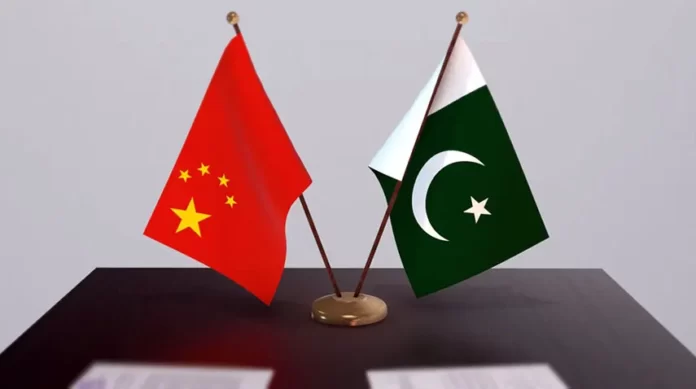ISLAMABAD: To facilitate Chinese industry relocation to the Gwadar Free Zone, the government has decided to allow companies to retain 50% of their export earnings, The Express Tribune reported.
Ahead of Prime Minister Shehbaz Sharif’s upcoming visit to China, the government is focusing on resolving issues that have hindered Chinese investment, particularly in the Gwadar Free Zone. The cabinet members are calling for the resolution of longstanding concerns rather than simply signing more Memorandums of Understanding (MoUs).
According to the news report, Planning Minister Ahsan Iqbal confirmed that the policy will allow companies to use up to 50% of their export proceeds in Special Foreign Currency Accounts for current account payments without prior approval from the State Bank of Pakistan (SBP).
However, for long-term solutions, changes to the Gwadar Port Authority law are required, aligning it with other legal frameworks. The SBP has recommended amendments to the Gwadar Port Authority Act to facilitate broader foreign currency use, which would include waiving certain provisions of the 1947 Foreign Exchange Regulation Act.
In addition to financial concerns, the government is also addressing the consistent provision of electricity and water to Gwadar, an issue that has persisted for nearly a decade.
To resolve the power issue, the cabinet committee has directed the energy ministry to work with the Pakistan Navy to ensure an interim electricity supply to Gwadar’s desalination plant. The Power Division has been tasked with expediting revisions to the electricity supply for the Rashakai Special Economic Zone (SEZ).
A ministerial committee has been set up to oversee planning for the PM’s visit and to address investor concerns. The committee has discussed holding a Business Conference in Tianjin, China, on September 2, although some members question its potential impact, citing past events where MoUs failed to lead to real investments. There is also ongoing concern about issues like inconsistent policies, difficulty repatriating profits, exchange rate volatility, and security.
To attract more Chinese investment, the committee has suggested offering ready-to-operate industrial zones and SEZs with long-term land leases, as well as providing electricity at competitive rates.
The Special Investment Facilitation Council (SIFC) has also requested the Pakistani embassy in Beijing to propose concrete suggestions to make the business conference more effective.




